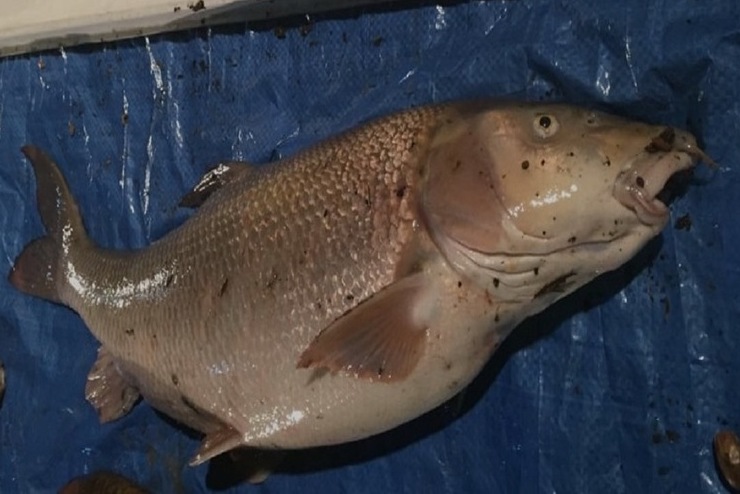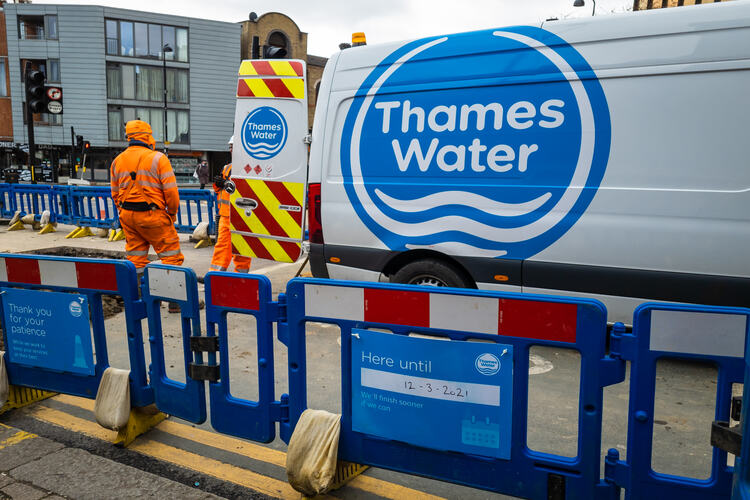
Raw sewage pumped in rivers near Gatwick for around six hours, killing more than 1,400 fish in ‘reckless failure’ by Thames Water
By
Thames Water has been fined £3.33 million after ‘millions of litres’ of undiluted sewage was discharged into rivers near Gatwick Airport back in 2017 – the 21st fine that the company has faced for pollution spillage to date, bringing the total fines to the water firm to £35.7m between 2017 and 2023.
After a two-day sentencing hearing at Lewes Crown Court, the court heard that a ‘significant and lengthy’ period of pollution occurred in the Gatwick Stream and River Mole between Crawley in West Sussex and Horley in Surrey, on 11 October 2017.
Related articles

Investigators found almost 1,400 dead fish – including species such as chub, gudgeon, perch, pike and roach – in the Gatwick Stream and the River Mole, but the court heard this was only a small number of fish that the Environment Agency believes were killed.
The court was told how a storm pump had unexpectedly activated and began to fill up the storm tank, despite no substantial rainfall. In turn, a storm lagoon discharged sewage and rainwater into the stream, a process which should only occur in wet weather. Allowing untreated sewage to pour into the rivers outside of storm conditions is illegal.
The Environment Agency said that mitigation measures were available to Thames Water to prevent the sewage discharge, but crucially missed, such as visual checks of the storm lagoon or checking equipment which monitored the rivers and the water itself.
The storm lagoon was only three-quarters of its legally-required size, causing it to fill with sewage much quicker, discharging into the rivers sooner and harming more fish.

Logbooks also showed staff rating equipment as ‘unsatisfactory’ both before and after the incident.
‘Thames Water failed to take responsibility for the incident until several years later – and didn’t provide vital information when requested by the Environment Agency during our investigation,’ said Jamie Lloyd, a senior environment officer at the Environment Agency and leader of the investigation.
‘We brought this case due to the major environmental impact caused, and because it was entirely avoidable. Thames Water failed to have adequate systems in place to manage the pollution-risk from their site and didn’t respond to alarms.’
Judge Christine Laing KC said she believed Thames Water made a ‘deliberate attempt’ to mislead the Environment Agency, omitting water readings and submitting a report to the regulator denying responsibility.
As well as the £3.33m fine, Judge Laing ordered Thames Water to pay the Environment Agency’s costs of over £128,000.
Thames Water, responsible for water supply to 15 million households across London and the Thames Valley, is already facing mounting debt as it attempts to secure urgent potential funding to improve its performance after numerous leaks and sewage discharges.




